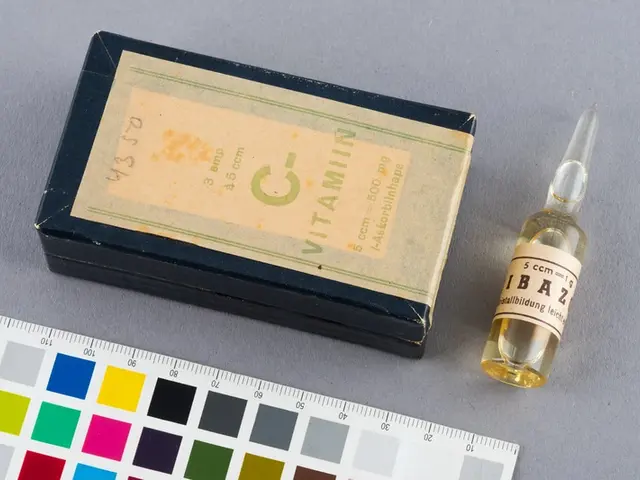Strategies for Countering Subtle Insults in Intimate Relations
=================================================================================
Microaggressions, subtle and often unintentional remarks or behaviors, can have a significant impact on interracial relationships. These remarks can imply stereotypes, invalidate cultural identities, or express biased assumptions about race.
In an interracial relationship, microaggressions may present as assumptions about shared cultural backgrounds, questions about the authenticity of cultural identities, or comments that reflect stereotypical views of one partner's race. Microaggressions can also take the form of minimizing or dismissing experiences of racism or bias faced by one partner, or expressing surprise or skepticism around interracial relationship dynamics.
Addressing microaggressions in interracial relationships requires a commitment to enhancing cultural competence, practicing intentional and honest communication, setting clear boundaries, active listening, patience, building trust, and seeking supportive communities or counseling.
- Enhance cultural competence: Actively learn about each other’s cultural backgrounds with empathy and openness to understand different perspectives.
- Practice intentional, honest communication: Share feelings about microaggressions openly and clarify misunderstandings without defensiveness. Use "I" statements to express impact.
- Set clear boundaries: Define what kinds of comments or behaviors are unacceptable. Agree on how to respond together when microaggressions occur, whether from each other or outsiders.
- Active listening and patience: Both partners should listen without interrupting and acknowledge each other’s experiences and emotions.
- Build trust and emotional safety: Foster an environment where both partners feel safe to express discomfort or hurt without fear of judgment.
- Seek supportive communities or counseling: Connecting with others in interracial relationships or professionals familiar with cultural dynamics can provide validation and guidance.
Effective communication and boundary-setting will look like addressing microaggressions promptly but calmly, asking clarifying questions without assigning blame, and agreeing on language or behaviors that affirm respect for one another’s racial and cultural identities.
Healing from microaggressions in a relationship is possible, but it will take time and effort, and the partner will need to take accountability. When communicating about microaggressions, choose the right moment and setting, use "I" statements and impact language, and focus on feelings rather than accusations. An apology is a good start, but it usually takes more than that to make things right, and actions speak louder than words when it comes to rebuilding trust.
Our website offers online couples counseling and individual therapy to help navigate any relationship challenges, including microaggressions. The articles on our website are written by experienced mental health-wellness contributors, are grounded in scientific research and evidence-based practices, and are extensively reviewed by a team of clinical experts to ensure accuracy and current industry standards.
Remember, interracial relationships are an opportunity to deepen understanding and mutual respect, transforming challenges into stronger connections. By approaching microaggressions as opportunities for growth rather than conflict, interracial couples can foster a deeper emotional intimacy and build a stronger, healthier relationship.
- A licensed therapist can provide online couples therapy, helping interracial couples effectively address instances of microaggressions and strengthen their relationships.
- Understanding the impacts of microaggressions on mental health can be facilitated through ongoing individual therapy sessions, which can help both partners cope with anxiety and improve their overall well-being.
- A commitment to enhancing mental health and fostering mental-health awareness within interracial relationships is essential to navigating challenges related to racial and cultural differences, such as microaggressions.
- Integrating lifestyle changes centered around health-and-wellness practices, supplemented by science-backed resources, can play a crucial role in addressing the effects of microaggressions and ultimately help improve relationships.
- By embracing the importance of mental health, relationships, and personal growth, couples can harness the potential of online therapy to achieve a more fulfilling and intimate lifestyle together, in which microaggressions are transformed into opportunities for genuine understanding and connection.





